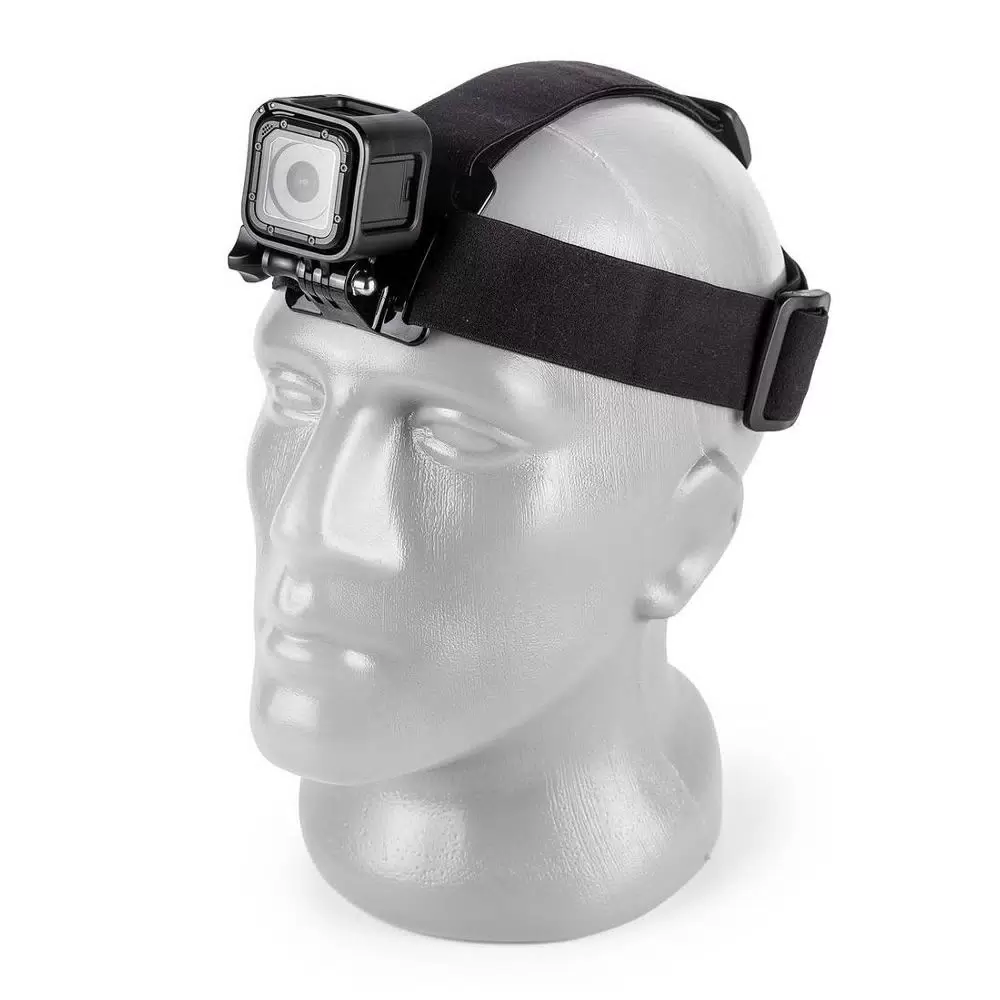
Cameras on workers’ heads train AI to understand physical labor
Startup Turing Labs figured out how to train AI to see and understand the world. Strap GoPro cameras on freelancers’ heads and make them work. Sounds like mockery? Perhaps. But the method seems to work.
Company freelancers wear GoPro on their heads for 5 hours a day, performing creative work and everyday tasks. The filmed material is synchronized so the system gets different angles of one and the same action. Goal – to teach computer vision models more abstract skills. Related to sequential problem-solving and visual thinking.
The company works with artists, builders, cooks, electricians – with everyone who works with their hands. Turing’s AI director Sudarshan Sivaram called manual data collection the only way to get a sufficiently diverse dataset. They hire representatives of different working professions to accumulate the most diverse dataset at the preparation stage.
And after collecting all information, AI models will be able to understand how a certain task is performed, Sivaram explained.
In the end it turns out: people work with cameras on their heads, like living sensors for AI. The system learns to look through their eyes and understand how physical labor works. The future has arrived, and it looks kind of strange.
Autor: AIvengo
For 5 years I have been working with machine learning and artificial intelligence. And this field never ceases to amaze, inspire and interest me.
Latest News
UBTech will send Walker S2 robots to serve on China's border for $37 millionChinese company UBTech won a contract for $37 million. And will send humanoid robots Walker S2 to serve on China's border with Vietnam. South China Morning Post reports that the robots will interact with tourists and staff, perform logistics operations, inspect cargo and patrol the area. And characteristically — they can independently change their battery.
AI chatbots generate content that exacerbates eating disordersA joint study by Stanford University and the Center for Democracy and Technology showed a disturbing picture. Chatbots with artificial intelligence pose a serious risk to people with eating disorders. Scientists warn that neural networks hand out harmful advice about diets. They suggest ways to hide the disorder and generate "inspiring weight loss content" that worsens the problem.
OpenAGI released the Lux model that overtakes Google and OpenAIStartup OpenAGI released the Lux model for computer control and claims this is a breakthrough. According to benchmarks, the model overtakes analogues from Google, OpenAI and Anthropic by a whole generation. Moreover, it works faster. About 1 second per step instead of 3 seconds for competitors. And 10 times cheaper in cost per processing 1 token.

